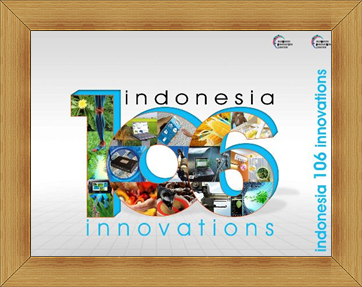About Tessy AIMOS
The issue of plagiarism had been a hand wringing phenomenon during the last decades within academic’s society. The technology upswings have made the plagiarism conduct becomes easier than ever. Therefore the idea to curb plagiarism without limiting author’s creativity has been a concern of our team and comes up with the idea to develop an application system that able to deal with it.
Based on aforementioned issue, in 2008, our small team gathered and put an attempt to create such an application to tackle the plagiarism issue. We named it TESSY, the acronym of the Test of Literatures Similarity. TESSY was developed first time in October 2008. The Purpose of TESSY development is giving a control toward plagiarism behavior among professional, academic, and social circumferences.
It is proprietary software, which has an exclusive contract to private and public institutions in term of academic document validity checking. In addition to that, validity means either free from plagiarism or reliable as the source of academic knowledge.
TESSY at first use has received several appreciations such as best programming application for E-Learning competition, which held by Acer Intel Indonesia and included in 106 most innovative products by the ministry of research Republic of Indonesia in 2014. TESSY® also has been implemented in some academic programs in Universitas Gadjah Mada, Indonesia.
In 2014, TESSY got the challenge to handle the plagiarism filter in University of Gadjah Mada library, the biggest scientific and academic data repository among Indonesian University. To adjust with this project, TESSY changes its name into Academic Integrity Monitoring System (AIMOS). This challenge gave the team a big responsibility not only to excel in the application performance, but also to protect academic’s integrity from the threat of plagiarism issue. Last but not least, TESSY team wish the users to enjoy and implement the system as align as our motivation to create better writing environment among academic society.

